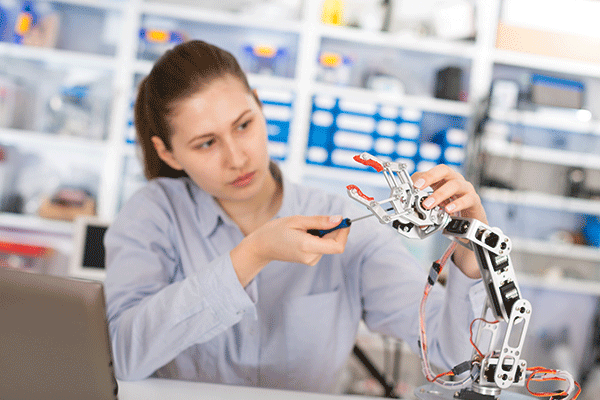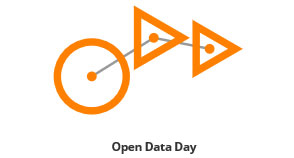By: Carolyn Conner Seepersad, University of Texas at Austin
 As millions of students of all ages return to school this fall, they are making important choices that have a strong influence on their eventual career path – which college majors to pursue, which high school classes to take, even which elementary school extracurricular activities to join. Many of them – especially women, girls and members of minority groups – make choices that lead them away from professions in the fields of science, technology, engineering and mathematics (STEM).
As millions of students of all ages return to school this fall, they are making important choices that have a strong influence on their eventual career path – which college majors to pursue, which high school classes to take, even which elementary school extracurricular activities to join. Many of them – especially women, girls and members of minority groups – make choices that lead them away from professions in the fields of science, technology, engineering and mathematics (STEM).
Women are just 13 percent of mechanical engineering undergraduate students. And women earn only 14.2 percent of doctorate degrees in mechanical engineering. More broadly, women make up 49 percent of the college-educated workforce, but only 14 percent of practicing engineers nationwide.
When these disparities persist, everyone suffers. Women miss out on opportunities in growing and highly paid occupations that require science and engineering skills. Furthermore, diverse design teams are more innovative and often avoid key flaws when designing products and systems with which we interact on a daily basis. Early airbags designed by primarily male design teams worked for adult male bodies, but resulted in avoidable deaths of female and child passengers. Early voice recognition systems failed to recognize female voices because they were calibrated for standard male voices.
How can we get more women into engineering fields, and help them stay for their whole careers? We need their insight and creativity to help solve the problems facing our world.
Options for action
Experts tell us that there are a variety of things that will help. For example, we need to encourage young girls to develop their spatial skills, laying the foundation for further scientific exploration as they grow.
We also need to find ways to help women feel less alone as they help us build a more inclusive engineering community. This includes hosting female-focused engineering interest groups on campuses and in workplaces, and highlighting engineering role models who reflect the true diversity of our population.



 On March 4, 2017, ECS will be celebrating
On March 4, 2017, ECS will be celebrating 
 America has long been the land of innovation. More than 13,000 years ago, the Clovis people created what many call the “
America has long been the land of innovation. More than 13,000 years ago, the Clovis people created what many call the “